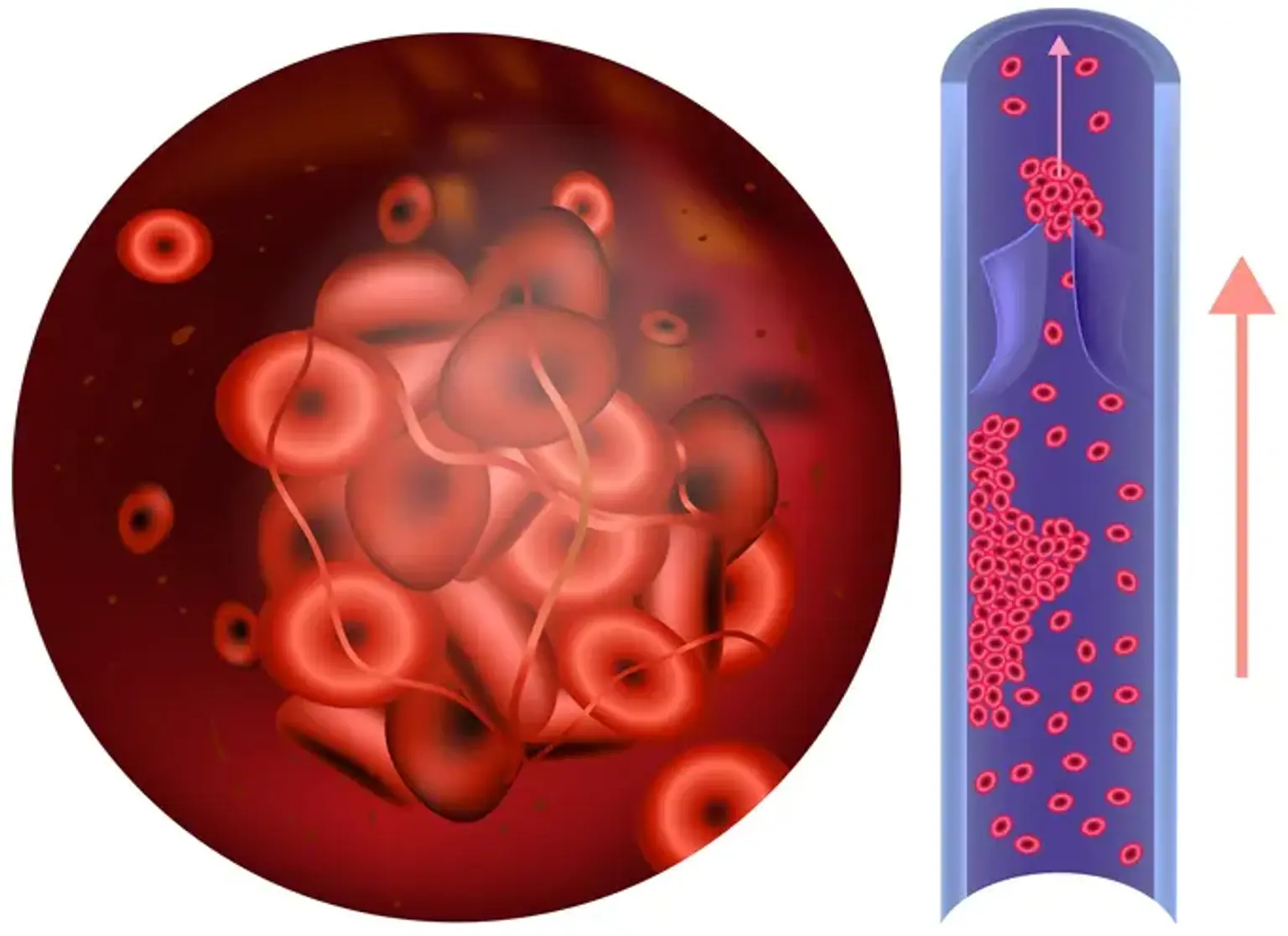Introduction
Antiphospholipid Syndrome (APS) is a rare but serious autoimmune disorder that significantly impacts the body’s blood clotting mechanism. It is characterized by the presence of antiphospholipid antibodies, which attack normal proteins in the blood, leading to abnormal clotting. This disorder can result in severe complications, including deep vein thrombosis, stroke, and recurrent pregnancy loss.
Globally, APS affects a small percentage of the population, yet its impact is profound due to the life-threatening nature of its complications. In Korea, increased awareness and advancements in healthcare have led to better diagnosis and management of APS, though there is still a need for further understanding and resources.
This article delves into the causes, symptoms, diagnosis, and treatment options for APS, offering insights into its relevance in Korea and the efforts being made to manage this condition effectively.
What is Antiphospholipid Syndrome?
Antiphospholipid Syndrome is a systemic autoimmune disorder where the body’s immune system mistakenly produces antibodies that target phospholipids, a type of fat found in cell membranes. These antibodies—known as antiphospholipid antibodies—interfere with normal blood clotting processes, increasing the risk of dangerous clots forming in the veins and arteries.
This condition is often associated with other autoimmune diseases, particularly Systemic Lupus Erythematosus (SLE). While APS can occur on its own, the co-occurrence with lupus increases the complexity of its management.
APS is often classified into two types: primary APS, where the disorder exists independently, and secondary APS, which occurs alongside another autoimmune condition like lupus. The presence of lupus anticoagulant, anticardiolipin antibodies, and beta-2 glycoprotein I antibodies is a hallmark of the disease, helping clinicians identify and diagnose it accurately.
